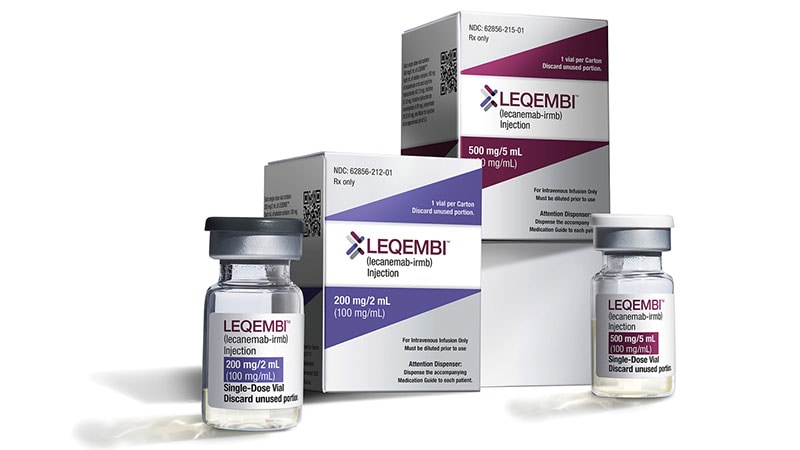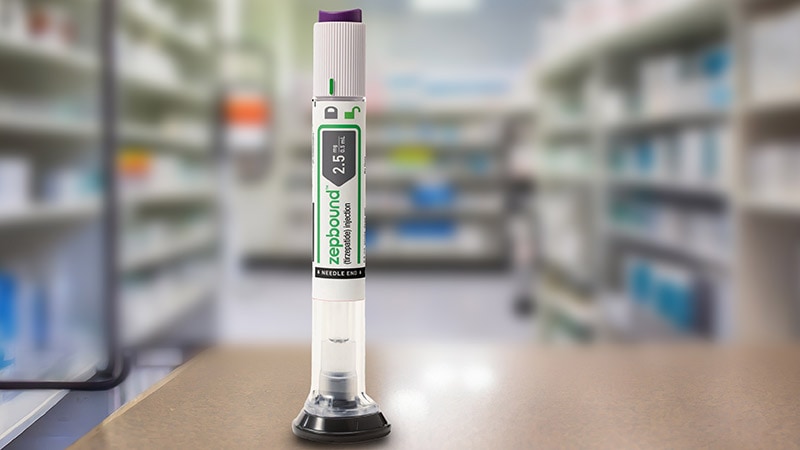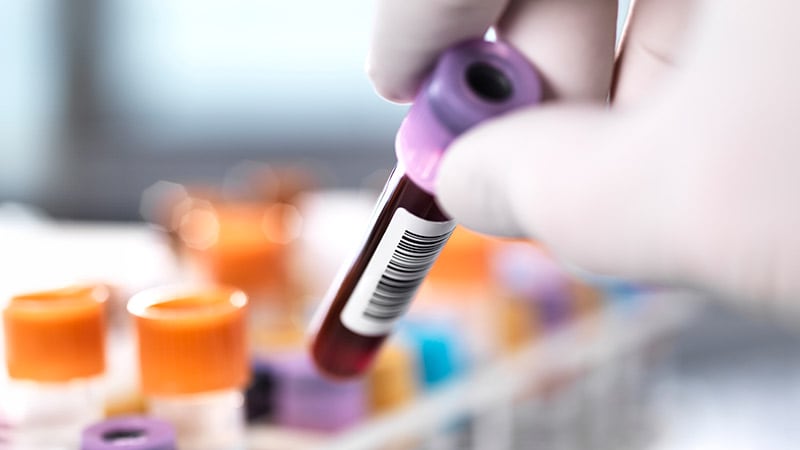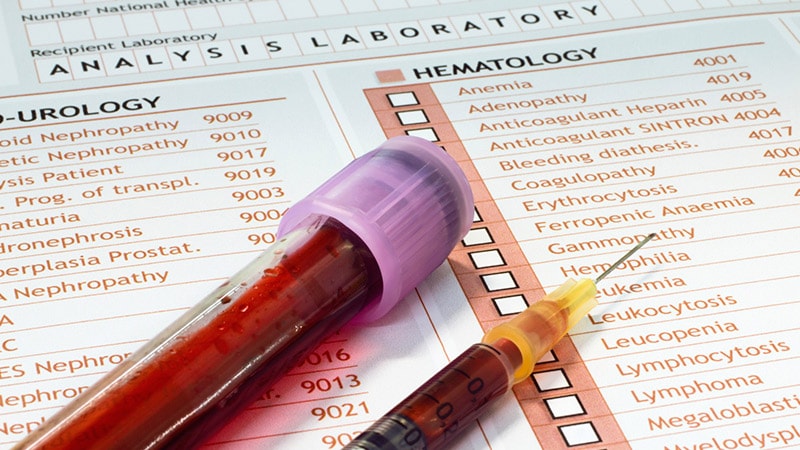The antidepressant properties of esketamine, a derivative of ketamine, have been the subject of numerous studies for several years. A nasal spray formulation is authorized under certain conditions for the treatment of resistant depression. Several studies have shown that small doses of esketamine improve analgesia and reduce depression following cesarean sections. But women at risk of postpartum depression or those experiencing depression during pregnancy were excluded from these studies.
A Chinese team decided to evaluate the effectiveness of small doses of esketamine in reducing the risk for postpartum depression in women with prenatal depression.
A Randomized Trial
A double-blind, randomized, placebo-controlled trial was conducted, including 364 women with at least moderate depression according to the Edinburgh Postnatal Depression Scale (score ≥ 10). Participants received either 0.2 mg/kg of esketamine (n = 182) or a placebo (n = 182) via intravenous infusion after cord clamping. Participants were contacted on the 7th day and seen for a face-to-face or video interview on the 42nd day.
The researchers found a 74% reduction in the risk for postpartum depression in the group that received esketamine (6.7% vs 25.4%). Depression scores on the Edinburgh Postnatal Depression Scale were lower in this group at 7 days after childbirth (median difference of 3) and at 42 days (median difference of 3). The Hamilton Depression Rating Scale score was also lower at 42 days post partum for women who received esketamine (median difference of 4).
Considering Study Limitations
Neuropsychiatric adverse effects were significantly more common in patients who received esketamine (33.5% vs 11.0%). These effects included dizziness (26.4%), diplopia (4.9%), and hallucinations or nightmares (3.3%). Symptoms spontaneously resolved in less than a day, however.
Caution may be required in interpreting the results. The authors excluded from the study patients with a history of mood disorders before pregnancy. Furthermore, remote follow-up after childbirth may lead to an underestimation of symptoms, and the 42-day study does not allow the prediction of future depression or adverse effects.
This story was translated from JIM, which is part of the Medscape professional network, using several editorial tools, including AI, as part of the process. Human editors reviewed this content before publication.

.webp) 2 weeks ago
2
2 weeks ago
2



























 English (US)
English (US)